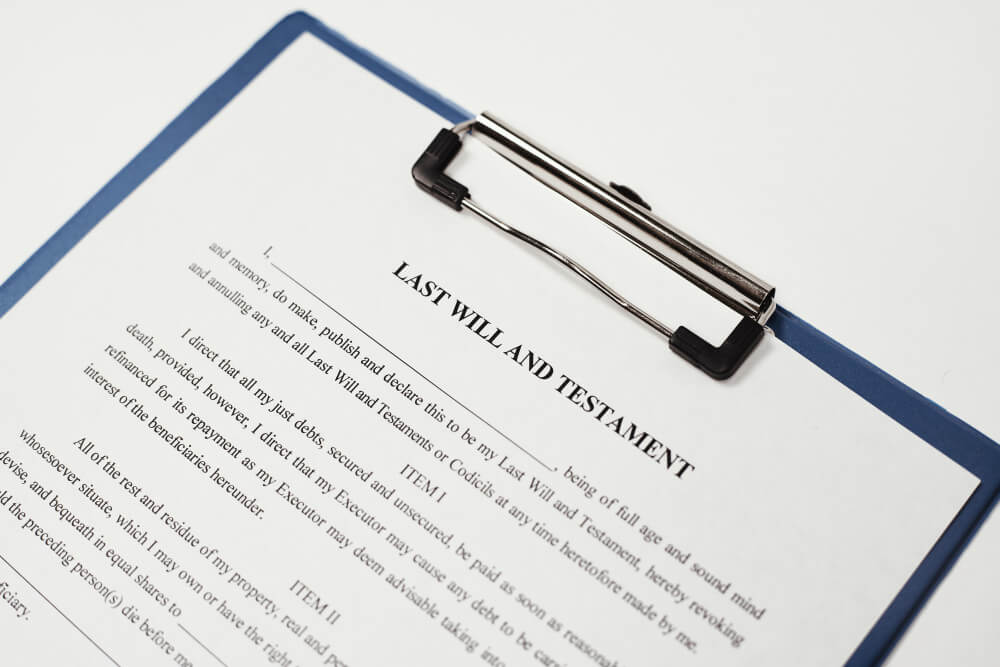In July, I explained why bequests are the most popular planned gift. See the Planned Giving Series.
This month I’m going into detail on why most bequest donors decide not to tell you that your charity is in their will. I’ve seen estimates that between two-out-of-three and seven-out-of-eight donors will keep their charitable bequests to themselves.
What is this majority thinking?
Don’t ask me for more. Happy to have included you in their will, your donor doesn’t want you to ask them for more. That’s a reasonable concern. Fundraisers are trained to evaluate giving history to decide whom to cultivate and solicit for future gifts.
It’s too personal. Their will is private, even from those included in it. Not that I talk about wills at every party I go to, but it sometimes comes up. At one cocktail reception, I met a woman who had seven friends in her will and would not tell any of them. She wanted to keep up the surprises and she didn’t want her friendships impinged by her generosity.
I can’t change my mind. We can change our wills at anytime. The donor who refuses to share your part in their will may feel they lose the option to change their mind if they tell you about it. They don’t, but they feel they do. Revealing their intention imposes a moral obligation to follow through, they believe. Talk about donor loyalty!
I don’t want recognition. This donor doesn’t want you to list them in your recognition society or annual report. They don’t want you to ask them to sign a testimonial letter or email. (These are great marketing channels, by the way.)
Understanding your donor’s reasons for not revealing their gift, target your messages to overcome these concerns…
When asking people to share their bequest intentions, assure them that:
• they can opt out of communications from you, about giving or otherwise;
• knowing about their gift helps you make plans;
• they can change their mind anytime; and,
• anonymity is possible and privacy will be respected
There will always be folks who will not share their plans with you. The best you can do is use your messaging to make it less likely.
I want to devote next month to IRA giving. There’s an opportunity that ends on December 31 and I want to help you prepare your 4th quarter messaging. Then I’ll come back to bequests in October. They’re important, and there’s a lot more to say.
=-=-=-=-=-=-=-=-=-=-=-=-=-=
Tony Martignetti, Esq. is the host of Tony Martignetti Nonprofit Radio. He’s a Planned Giving consultant, speaker, author, blogger and stand-up comic. You’ll find him at TonyMartignetti.com.
=-=-=-=-=-=-=-=-=-=-=-=-=-=
Have you seen
The Fundraising Series of ebooks ??
They’re easy to read, to the point, and cheap 🙂
=-=-=-=-=-=-=-=-=-=-=-=-=-=
If you’re reading this on-line and you would like to comment/expand on the above, or would just like to offer your thoughts on the subject of this posting, we encourage you to “Leave a Reply” at the bottom of this page, click on the feedback link at the top of the page, or send an email to the author of this posting. If you’ve received this posting as an email, click on the email link (above) to communicate with the author.
 Sections of this topic
Sections of this topic
















